Power is no blessing in itself, except when it is used to protect the innocent
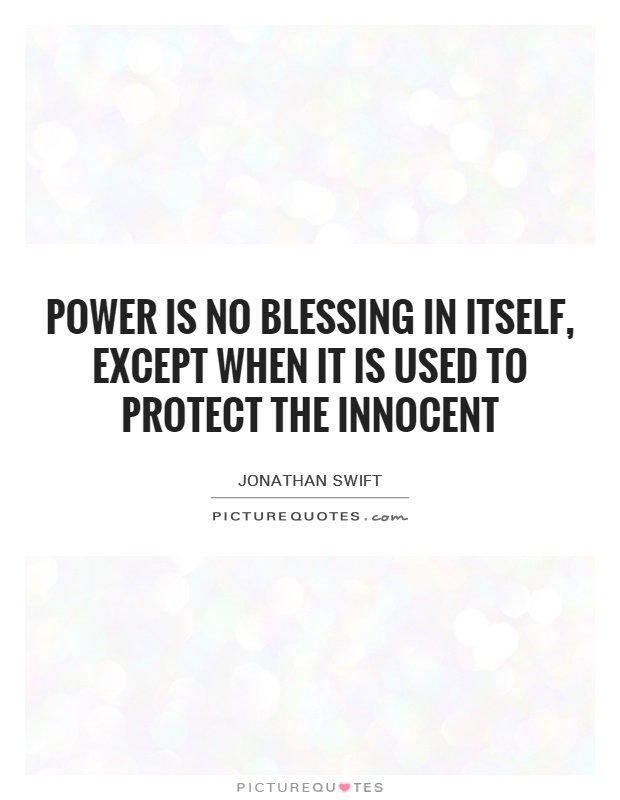
Power is no blessing in itself, except when it is used to protect the innocent
Jonathan Swift, the renowned satirist and author of works such as Gulliver's Travels and A Modest Proposal, was a keen observer of human nature and society. Throughout his writings, Swift often explored the theme of power and its impact on individuals and society as a whole. In the context of the quote "Power is no blessing in itself, except when it is used to protect the innocent," Swift's works provide a nuanced perspective on the nature of power and its potential for both good and harm.Swift understood that power, whether political, social, or personal, can be a double-edged sword. On one hand, power can be used to protect and defend the vulnerable and innocent. In Gulliver's Travels, for example, the protagonist Lemuel Gulliver encounters various societies with different forms of power structures. In the land of Lilliput, Gulliver uses his size and strength to protect the tiny inhabitants from their enemies. In this context, Gulliver's power is a blessing as it is used to safeguard the innocent from harm.
However, Swift also recognized the corrupting influence of power. In A Modest Proposal, Swift satirically suggests that the impoverished Irish could sell their children as food to the wealthy English as a solution to their economic woes. This shocking proposal highlights the moral depravity that can result from unchecked power and privilege. Swift's biting satire serves as a cautionary tale about the dangers of power when it is wielded without regard for the well-being of others.






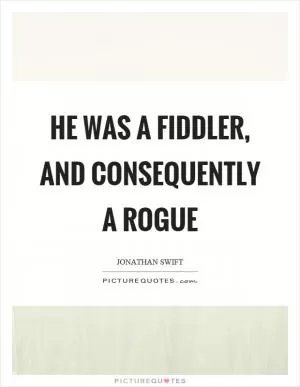


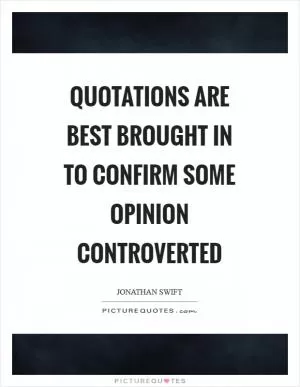
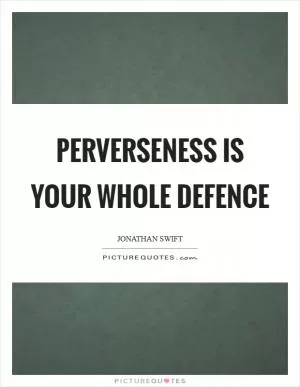
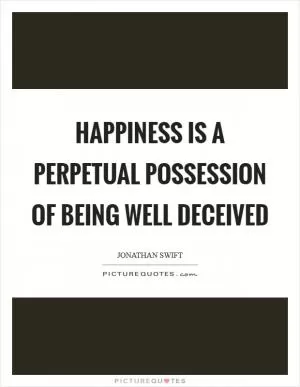
 Friendship Quotes
Friendship Quotes Love Quotes
Love Quotes Life Quotes
Life Quotes Funny Quotes
Funny Quotes Motivational Quotes
Motivational Quotes Inspirational Quotes
Inspirational Quotes